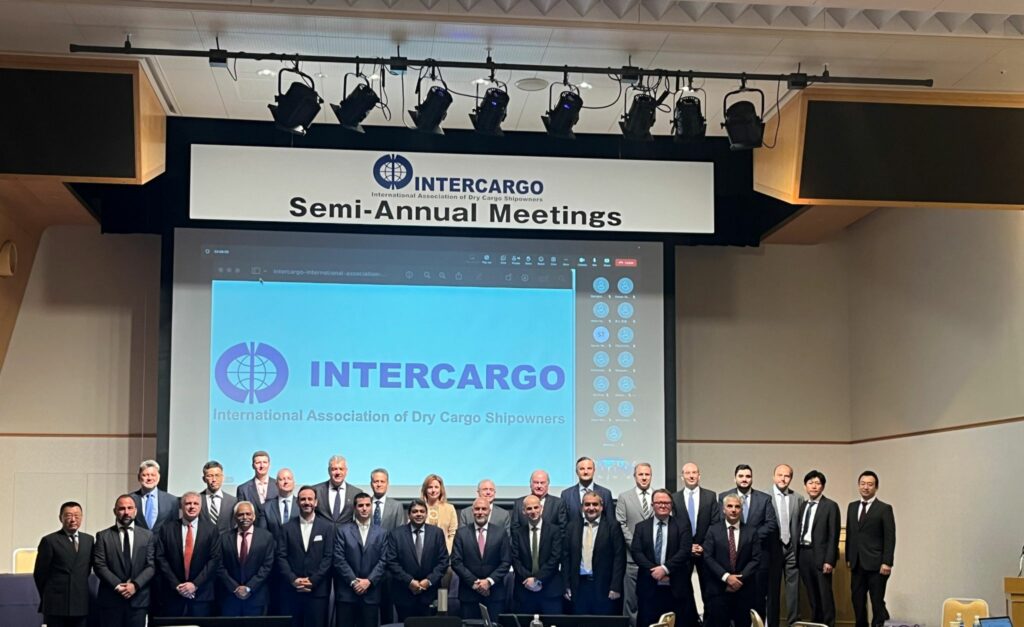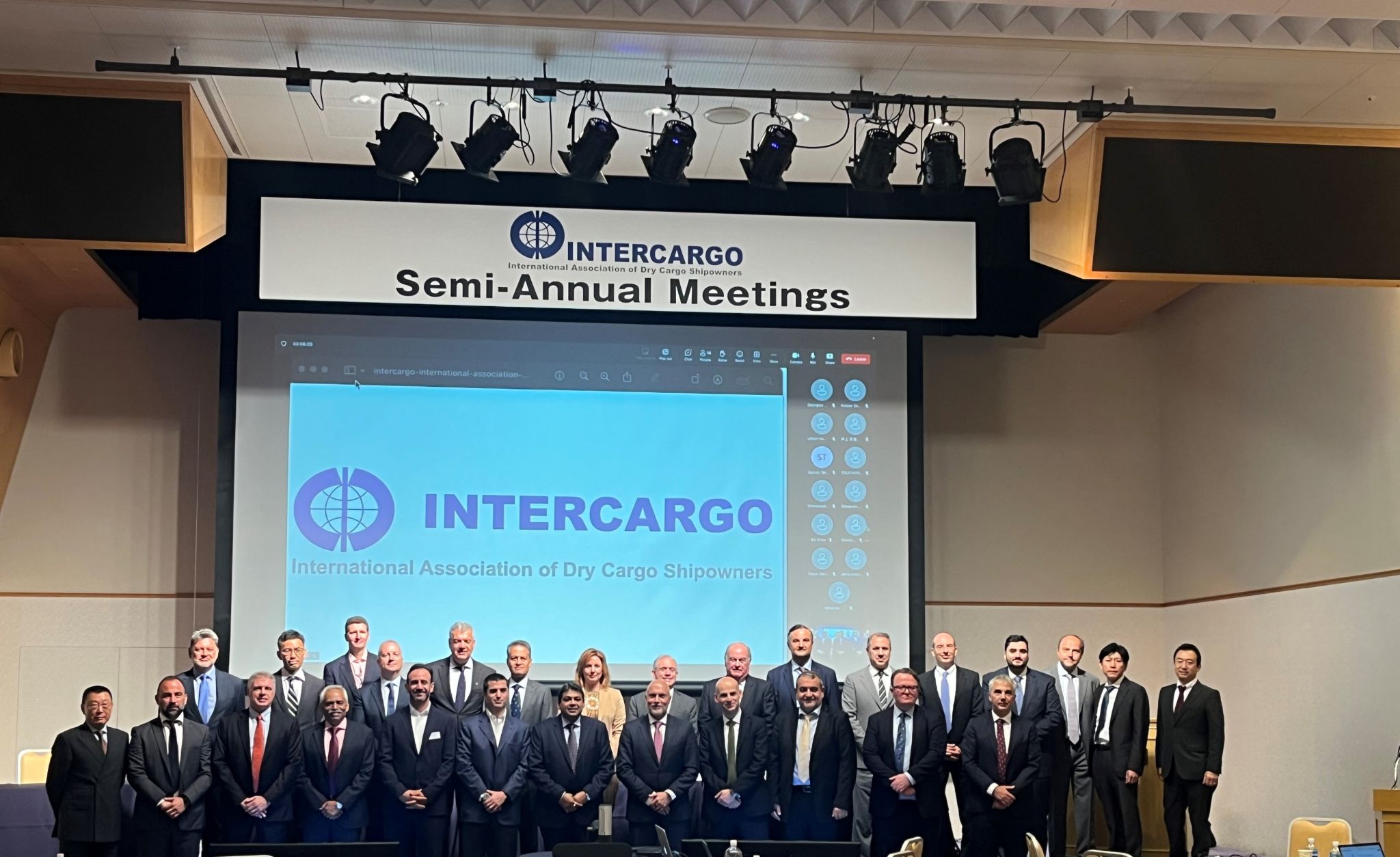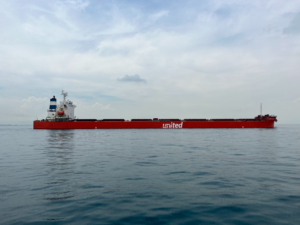
Dry cargo shipowners say there is a clear 10-year trend showing significant improvements in safety across the dry bulk shipping sector.
Intercargo, the International Association of Dry Cargo Shipowners, claims in its casualty report that in 2023 there was one loss of a dry bulk vessel and no loss of lives.
As it is reported by the shipowners, safety improvements have been achieved despite the dry bulk fleet growing by 20% more in tonnage over the past decade.
Despite the fleet growth, encouraging statistics show that the loss of vessels continues to fall.
Between 2014 and 2023 the number of vessels increased by 20% (to 12,200 according to the statistics used for the purposes of the report), with today’s bulk fleet representing more than 40% of world tonnage and carrying an estimated 55% of the global transport work.
The main areas of concern include cargo liquefaction or other moisture related cargo failure mechanisms, which pose the greatest risk to life, contributing to the loss of 55 lives or 61.8% of the total loss of life over the past 10 years. Groundings remain the biggest cause of ship losses.
The reduction of incidents, as revealed in the Report, can be attributed to continual safety improvements implemented by ship operators in tandem with enhanced legislation within the sector.
A significant contributing factor to the safety performance of bulk carriers, as Intercargo says, is the development and implementation of an improved international regulatory framework.
Dimitris Fafalios, Intercargo chairman, said: “Bulk carrier safety must never be overlooked. We have come a long way since the ‘dark days’ of the 1980s, when we experienced many tragic losses of lives and vessels.
“Since then, safety performance of the sector has steadily improved, thanks in large part to concerted efforts by INTERCARGO with other industry stakeholders. These latest statistics reveal an impressive achievement, especially when considering the significant rise in the number of bulk carriers during this period.
“There is, however, definitely no room for complacency. Any loss of life is tragic, and the shipping industry must pay close attention to the contributing causes analysed in this report.
“INTERCARGO believes the dry bulk sector should be proud of its achievement and recognise that improved safety is largely thanks to continuous crew and shore-staff training, improved ship design, new technology and stronger regulatory compliance,” Mr Fafalios said.



